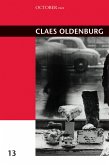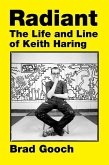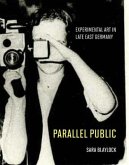This dazzling, unconventional biography shows us why, more than three centuries after his death, Rembrandt continues to exert such a hold on our imagination. Deeply familiar to us through his enigmatic self-portraits, few facts are known about the Leiden miller's son who tasted brief fame before facing financial ruin (he was even forced to sell his beloved wife Saskia's grave). The true biography of Rembrandt, as Simon Schama demonstrates, is to be discovered in his pictures. Interweaving of seventeenth-century Holland, Schama allows us to see Rembrandt in a completely fresh and original way.








